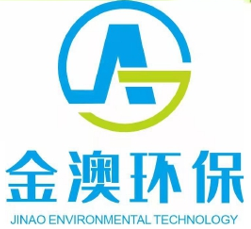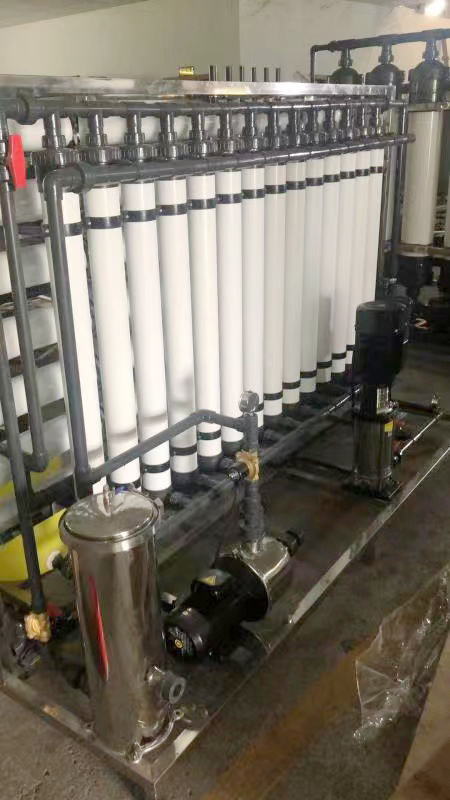
As a common and main technology in surface treatment of electroplating industry, anodic oxidation technology is widely used in electroplating industry.
Generally, in order to have better surface characteristics and gloss, most metal components, such as aluminum parts, need to go through the anodic oxidation process to cover their surface with a layer of dense and glossy metal oxide film, such as nickel film.
In the process of anodic oxidation, the metal to be plated, such as nickel, is usually used as the anode, while the metal components to be plated, such as aluminum, are used as the cathode. After the metal to be plated at the anode loses electrons and becomes nickel ions by electrochemical method, it is covered on the metal components to be plated under the action of electric field, so as to complete the electroplating process of the metal components to be plated.
Polar oxidation has a water washing process in the production process, which will produce a large amount of wastewater. According to the pollutants in the wastewater, the wastewater from anodic oxidation production is mainly divided into the following categories:
1、 Pretreatment wastewater
Pretreatment wastewater mainly includes cleaning wastewater after degreasing, alkali washing, neutralization, anodic oxidation, neutralization after oxidation and dyeing. The main pollutants are pH, COD, BOD, petroleum, SS, Las, total aluminum, etc.
2�、 Phosphorus containing cleaning wastewater
Phosphorus containing cleaning wastewater is produced in the chemical polishing process, and the main pollutants are pH, COD, SS, total phosphorus and total aluminum.
3、 Nickel containing cleaning wastewater
In the hole sealing process, the low or medium temperature oxide film sealer is mainly used, which is a nickel salt type sealer. Therefore, the hole sealing process will produce nickel containing cleaning wastewater, and the main pollutants are pH, COD, SS and total nickel. At present, environmental protection sealing agents are also used, which do not contain nickel and fluorine, are environmentally friendly and pollution-free, and meet the needs of national environmental protection and EU ROHS directives. Therefore, nickel containing wastewater will not be generated.









